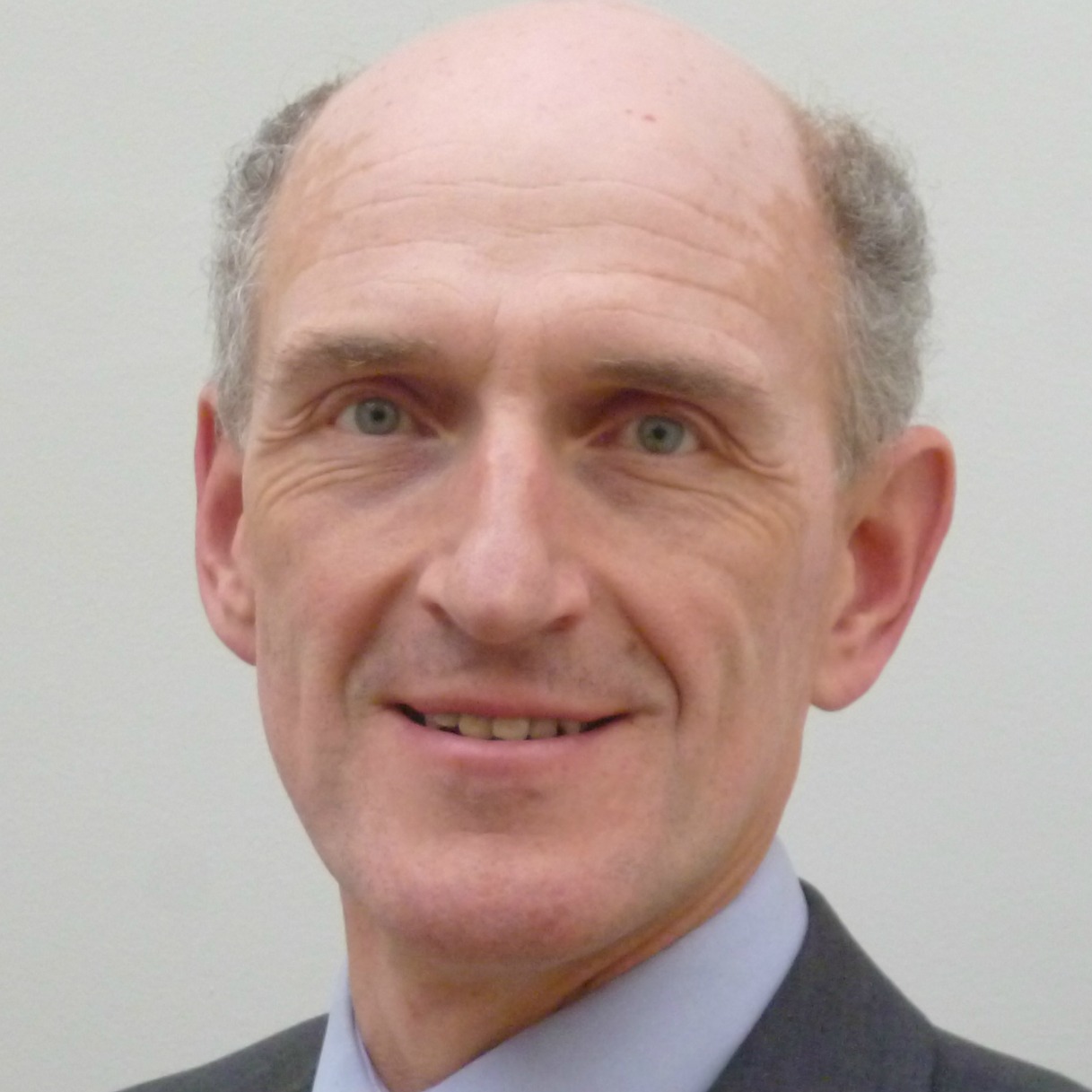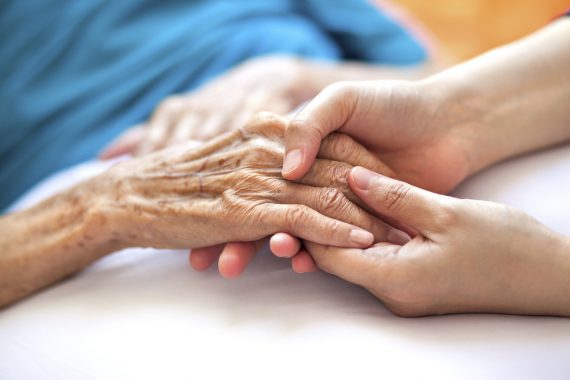
Martin Brunet
YES
The figures are not as bad as headlines have us believe, says Dr Martin Brunet.
The drive for ever-earlier cancer diagnosis, for example the new four-week target to reach diagnosis or ruling out of cancer starting in 2018,1 is understandable – even one preventable death is a deeply personal story. But before we rush to develop policy on the back of emotion, we must look at the facts: how is the UK performing in cancer care? What would even earlier diagnosis look like? Can early be too early and what are the potential harms?
Five-year survival rates are misleading,2,3 yet they are frequently used to lambast the NHS in news reports, with expressions like ‘worst in western Europe’4,5 followed by quotes from politicians and cancer charities that we must do better. The combination of lead time bias and overdiagnosis means that five-year survival rates can easily be increased by screening programmes, without having any benefit on mortality.
Using mortality data is a more reliable way to measure performance, and here the UK does much better – for example in prostate cancer where mortality rates are similar in the UK and the US despite far higher diagnosis rates in the US6 and a very different approach to screening. And when it comes to GP performance, we are very good at referring people with cancer symptoms – most at the first visit, and more than 80% within two.7
Before bowing to pressure to diagnose even earlier, we must know the costs. NICE cancer referral guidelines8 already use a 3% cut-off risk to justify an urgent cancer referral – do we want to drop that further, subjecting more patients to unnecessary tests when currently 97% of our referrals are not expected to have cancer? Are we keen to divert even more money towards filtering cancers, when lack of funds means we can’t get suicidal patients seen by mental health services because they are not deemed ‘high risk’, and patients with anorexia nervosa are being told they have to lose more weight to fulfil the criteria for referral?
And before we welcome yet another cancer awareness programme can we at least evaluate what raising awareness does? Does it simply generate anxiety in those who would present early anyway, increase resistance in those who tend to put their head in the sand, and waste many an appointment clearing up the confusion caused by a barrage of worrying health messages?
Dr Martin Brunet is a GP in Guildford, Surrey

Richard Roope
NO
Cancer is the biggest cause of loss of premature life years, says Dr Richard Roope.
It has long been recognised that the UK has worse cancer outcomes than similar health economies.9 One-year and five-year survival data suggest this is caused by diagnosis delays, attributed to patient, GP and system factors. These include a need for greater recognition of red-flag symptoms, fatalism, worries about ‘wasting the doctor’s time’, poor safety-netting, and restricted access to tests. The UK has some of the lowest numbers per million population of CT and MRI scanners in the developed world.10
In 2011, England’s national cancer strategy was published, challenging the NHS to prevent 10,000 cancer deaths by 2015.11 During this period, emergency presentations of cancer (generating the worst outcomes12) dropped from 25% to 20% and detection rates increased from 43% to 50%. By 2015, the target was met.13
Despite these improvements, UK cancer outcomes remain behind those of equivalent health systems. Cancer is the largest cause of loss of premature life years (the number of years lost prior to the age of 75), more than those lost to heart disease, strokes and respiratory disease combined.14 So earlier diagnosis of cancer should remain a priority. This will be achieved by increasing screening uptakes, for example by writing to those who do not take up screening opportunities, and by having a lower threshold to refer for investigation and assessment, as the revised two-week referral criteria will engender.
But there are those who feel that investment should be allocated to other clinical areas; that any increase in screening and diagnostics might deprive other clinical scenarios; that we cannot afford the extra investment, and that ultimately we have to die of something. These are legitimate concerns. However, the answer is that the NHS spends only 5.4% of its budget on cancer,15 which causes 34% of the loss of premature life years.13 Service expansion has frequently developed as a result of rising demand. I propose that diagnostic capacity will increase to meet rising demand.
The solution is to prioritise screening uptake, supporting GPs to refer earlier when appropriate, and to expand diagnostic capacity. In doing so we will address the unacceptable loss of premature life years, and ultimately save the NHS money.
Dr Richard Roope is the RCGP and Cancer Research UK clinical champion for cancer. The views expressed are not necessarily those of RCGP or CRUK.
References
1. New four-week cancer diagnosis target to start in 2018. pulsetoday.co.uk/news
2. Gigerenzer G & Wegwarth O. Five year survival rates can mislead. BMJ 2013;346:f548–f548
3. Beral V & Peto R. UK cancer survival statistics. BMJ 2010;341:c4112
4. BBC News. UK cancer survival rates lag behind other countries. 2010. tinyurl.com/bbc-cancer-diagnosis
5. The Telegraph. UK cancer survival worst in western Europe. 2015. Available at: tinyurl.com/telegraph-cancer-diagnosis
6. Oliver S, Gunnell D & Donovan J. Comparison of trends in prostate-cancer mortality in England and Wales and the USA. Lancet 2000;355:1788–1789
7. Lyratzopoulos G, Abel G et al. Measures of promptness of cancer diagnosis in primary care: secondary analysis of national audit data on patients with 18 common and rarer cancers. Br. J. Cancer 2013;1–5
8. National Institute for Health and Care Excellence. Suspected cancer: recognition and referral. 2015
9. Walters S, Benitez-Majano S et al. Is England closing the international gap in cancer survival? Br. J. Cancer 2015;113:848-860
10. Eurostat. Availability of medical technology — imaging equipment. 2014. tinyurl.com/imaging-equip
11. Department of Health. Improving Outcomes: A Strategy for Cancer. 2011
12. NCRAS. Routes to Diagnosis. tinyurl.com/ncras-diagnosis
13. Gov.UK. Cancers are being diagnosed earlier in England. 2015. tinyurl.com/md3r4mk
14. Public Health England. Longer Lives. tinyurl.com/phe-mortality
15. Nuffield Trust. NHS in numbers. tinyurl.com/nuffield-finance

















